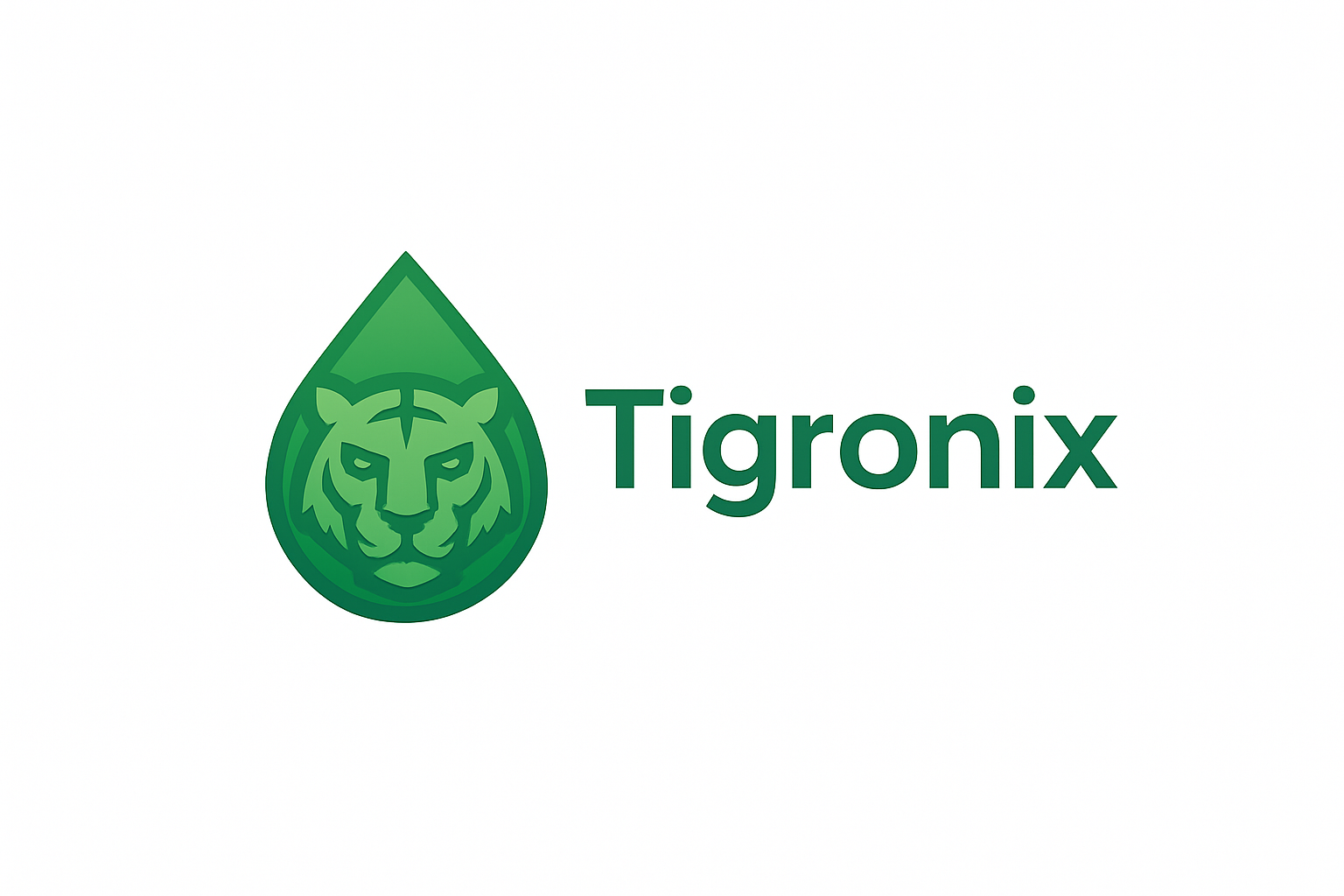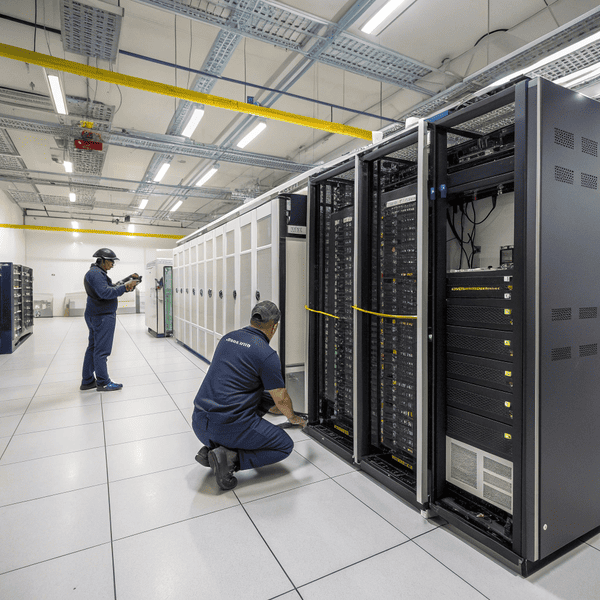Many companies hear the term "data center hosting" and wonder if it’s just a way to store files on a bigger computer. As the digital world expands, understanding what makes hosting in a data center unique becomes more important.
Data center hosting is a service where businesses rent space, power, and resources in professional facilities designed to keep servers secure, reliable, and constantly running. These centers offer advanced infrastructure, including cooling, backup electricity, and strong network connections.
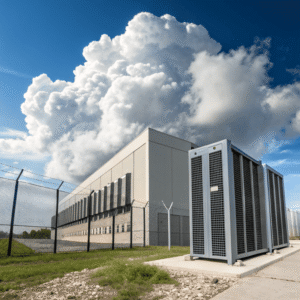
I remember when I helped a small supplier move their local files to a data center. Their business moved from relying on a noisy office server to smooth, secure web applications running 24/7. That peace of mind, knowing experts were handling backups, power, and even physical security, was something they couldn’t match with their old do-it-yourself setup.
What is data centre hosting?
Everyone talks about the cloud or renting server space, but what does it really mean to host in a data center?
Data centre hosting means placing your company’s hardware or using a provider’s equipment in a specialized facility built for maximum uptime, security, and connectivity for important apps and services.
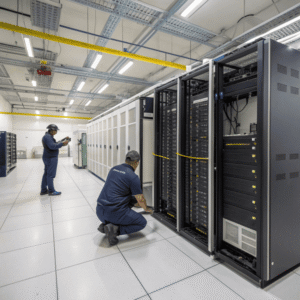
When I first toured a data center, I was struck by how different it looked from a simple server cabinet in an office. The building was full of redundant power supplies, high-speed internet, climate controls, and round-the-clock security. Companies can colocate their own machines or lease hardware directly. Either way, hosting in a data center brings a level of stability and professionalism that homegrown server rooms cannot match. Here’s a closer look at data center hosting services:
| Hosting Option | Description | Best For |
|---|---|---|
| Colocation | Rent rack space for your servers | Control with pro-grade setup |
| Dedicated Hosting | Lease provider’s physical server | Flexibility and support |
| Shared Hosting | Rent space on a shared machine | Small sites, cost savings |
| VPS Hosting | Virtual server on shared hardware | Custom setups, lower price |
Data center hosting means your critical functions aren’t left to chance, downtime, or slow response.
What is a host in a data center?
The term "host" pops up everywhere, but it can mean different things depending on context. So what exactly is a host in this setting?
A host in a data center is any physical or virtual machine that provides resources or services (like storage, processing, or networking) to clients, apps, or users.
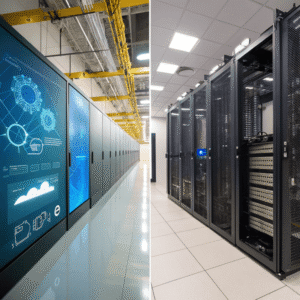
In one project, our team set up virtual hosts for each department, allowing custom access and security controls without needing racks of new hardware. Physical hosts are actual servers, while virtual hosts run as software, sharing underlying hardware. Both are used in data centers depending on a business’s needs. Virtual hosting often makes it possible to safely run multiple clients or services on one physical server. Here’s a practical breakdown:
| Host Type | How It Works | Pros | Use Case |
|---|---|---|---|
| Physical Host | Dedicated server hardware | Powerful, secure | Heavy applications |
| Virtual Host | Software instance on server | Flexible, scalable | Multiple small jobs |
The type of host used is chosen based on reliability, flexibility, and budget.
What is the difference between cloud hosting and data center?
With everyone talking about “the cloud,” some confuse it with traditional data center hosting. The differences matter when making big IT decisions.
Cloud hosting is a fully managed service where computing resources are pooled and provided on-demand over the internet, while data center hosting generally means using dedicated or colocated physical infrastructure for your applications.

The biggest difference I noticed after our company transitioned some apps to the cloud was flexibility. Cloud hosting lets you scale usage up or down instantly, often only paying for what you use. Physical data center hosting is better for firms that need to meet certain security standards, follow regulations, or want dedicated control over hardware. Here’s an at-a-glance comparison:
| Feature | Cloud Hosting | Data Center Hosting |
|---|---|---|
| Resource Model | Shared, elastic | Dedicated or colocated |
| Scalability | Instant, on-demand | Manual, sometimes limited |
| Management | Provider handles everything | Client/provider split |
| Cost | Pay for use | Pay for hardware/space |
| Control | Less direct, more automated | More direct, hands-on |
For workloads that need top flexibility, cloud wins. For control, compliance, or predictable needs, data centers are often the better fit.
Conclusion
Data center hosting provides dedicated space and resources for critical apps, while cloud hosting offers flexibility and scale, each suited for unique business needs.
